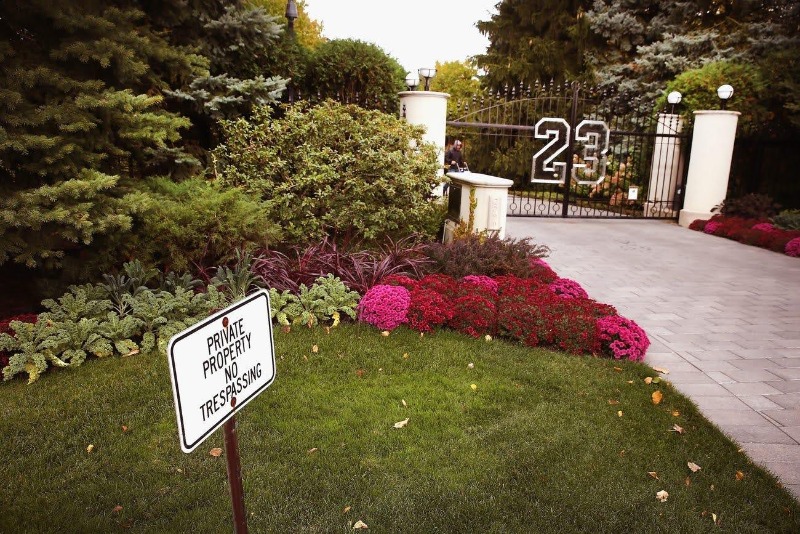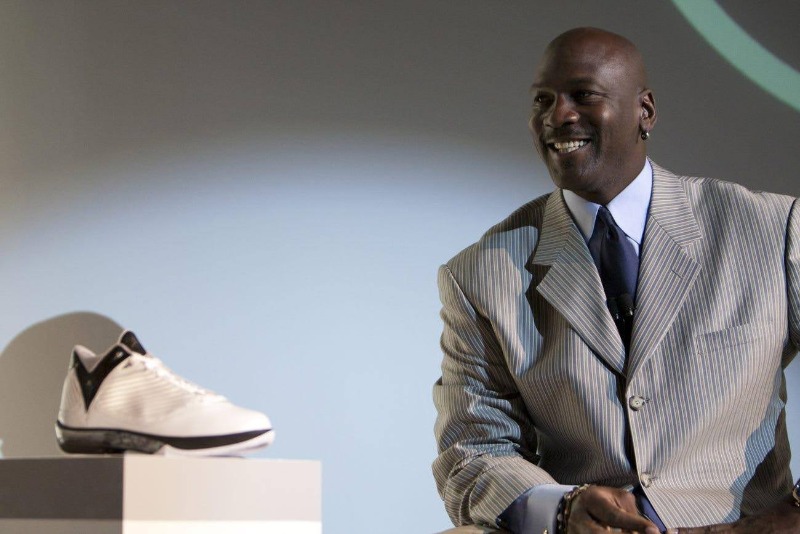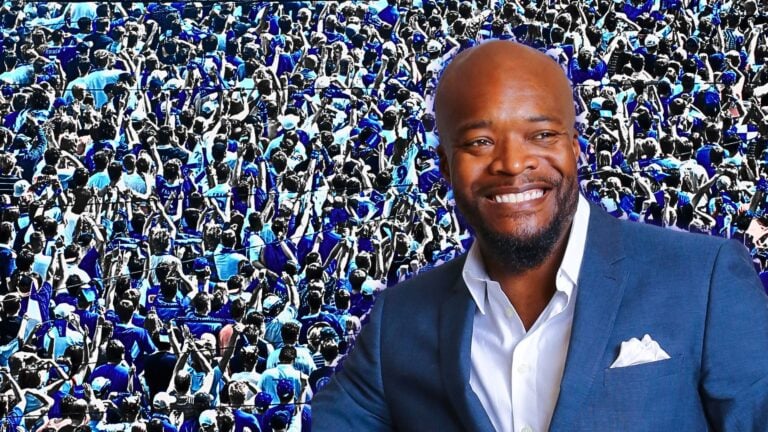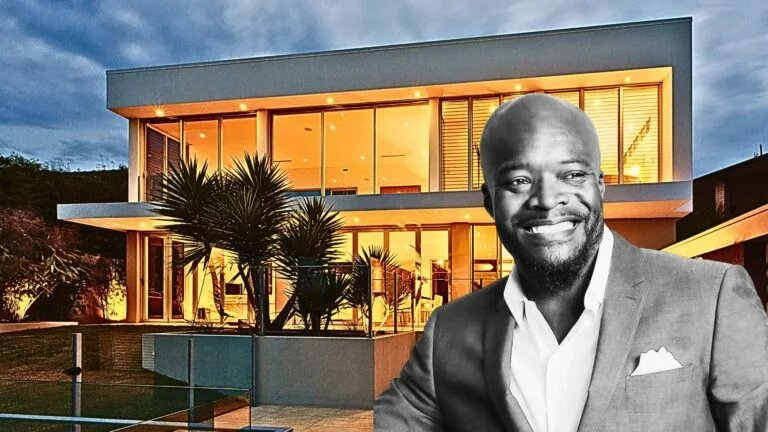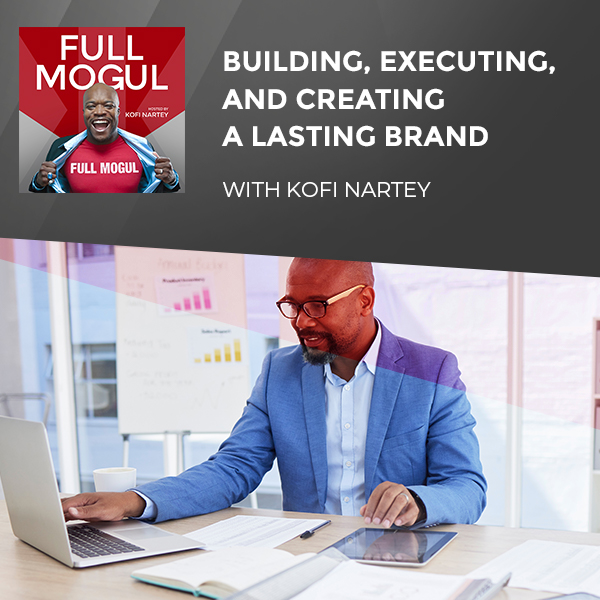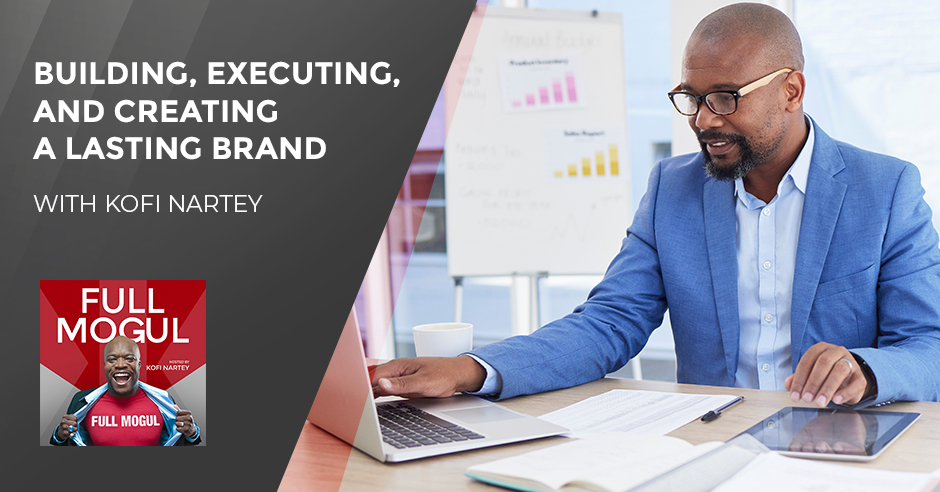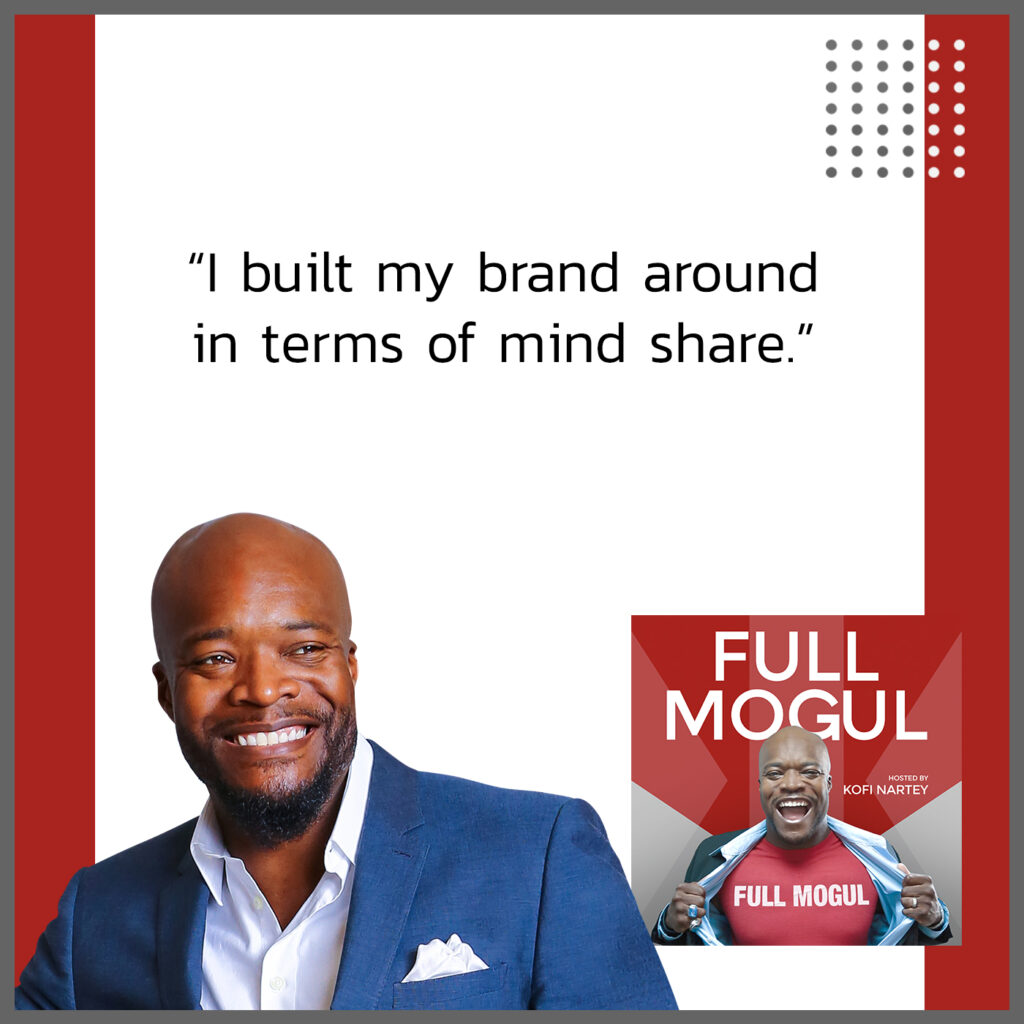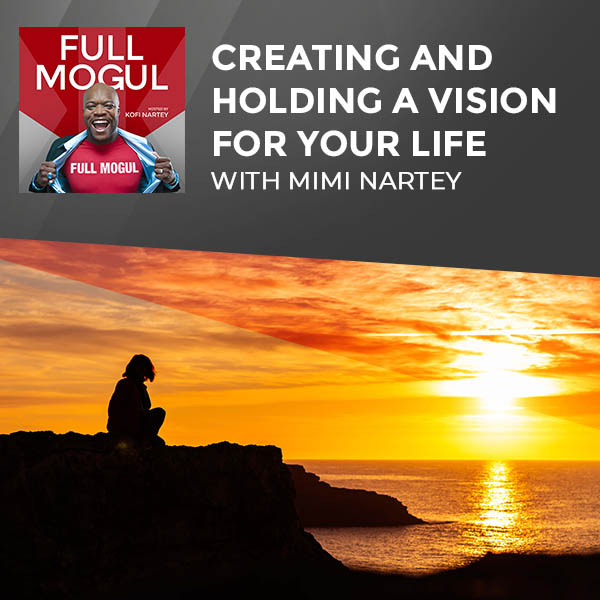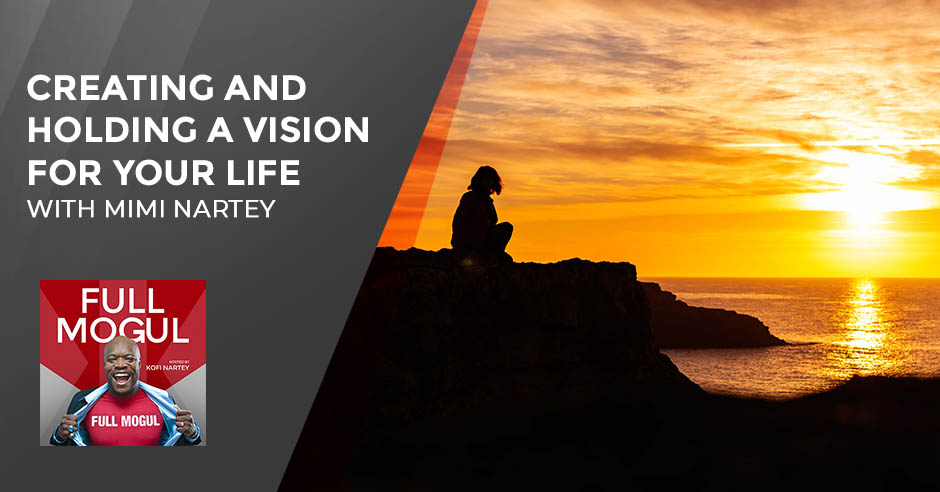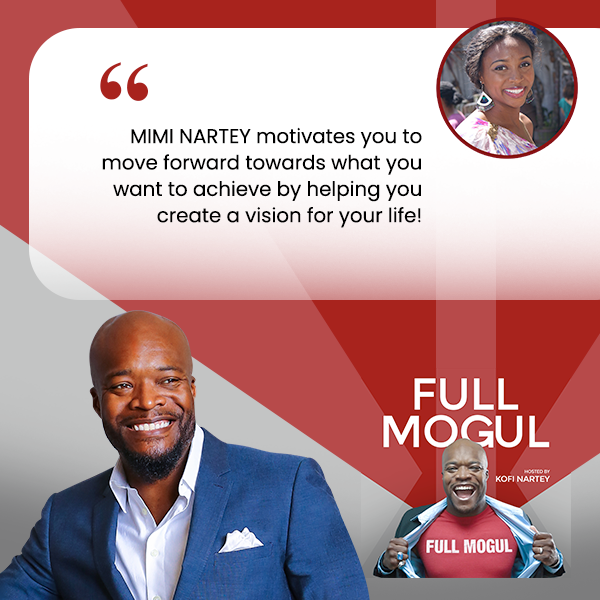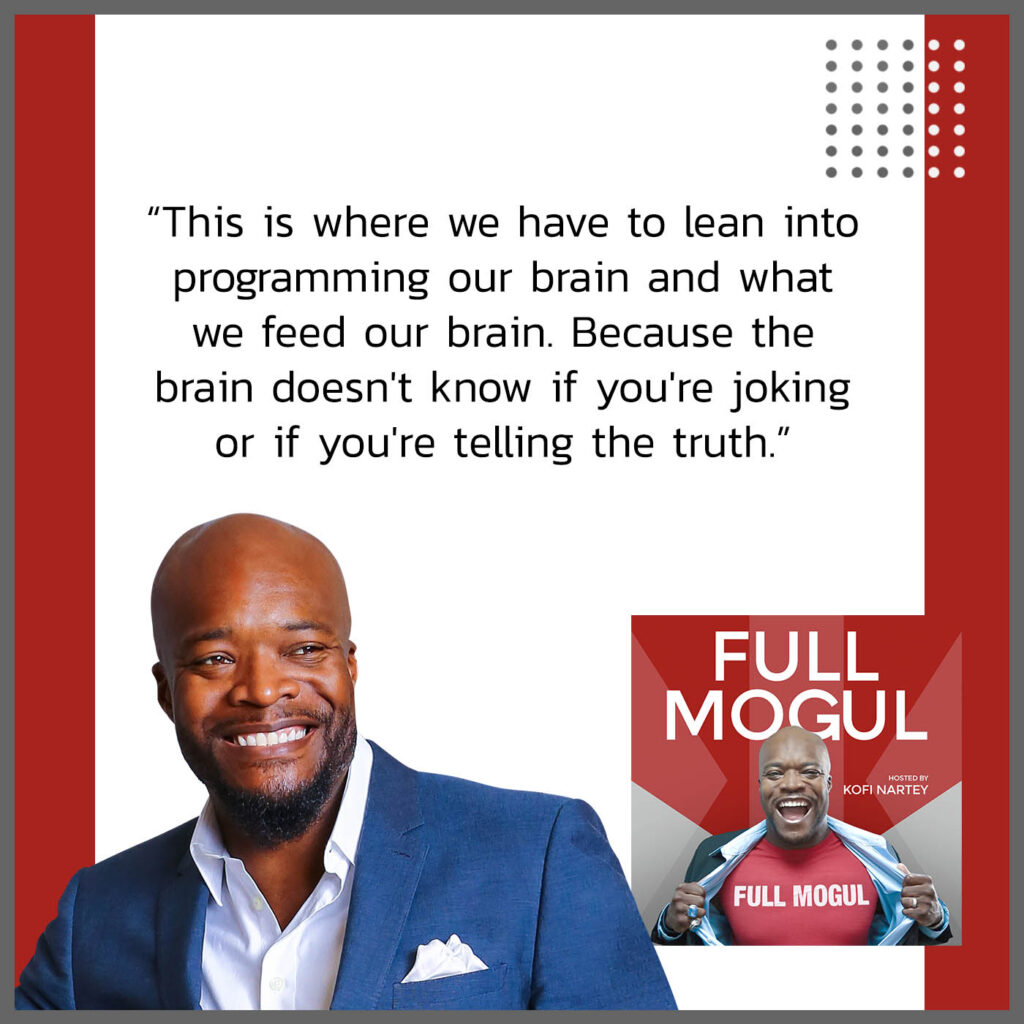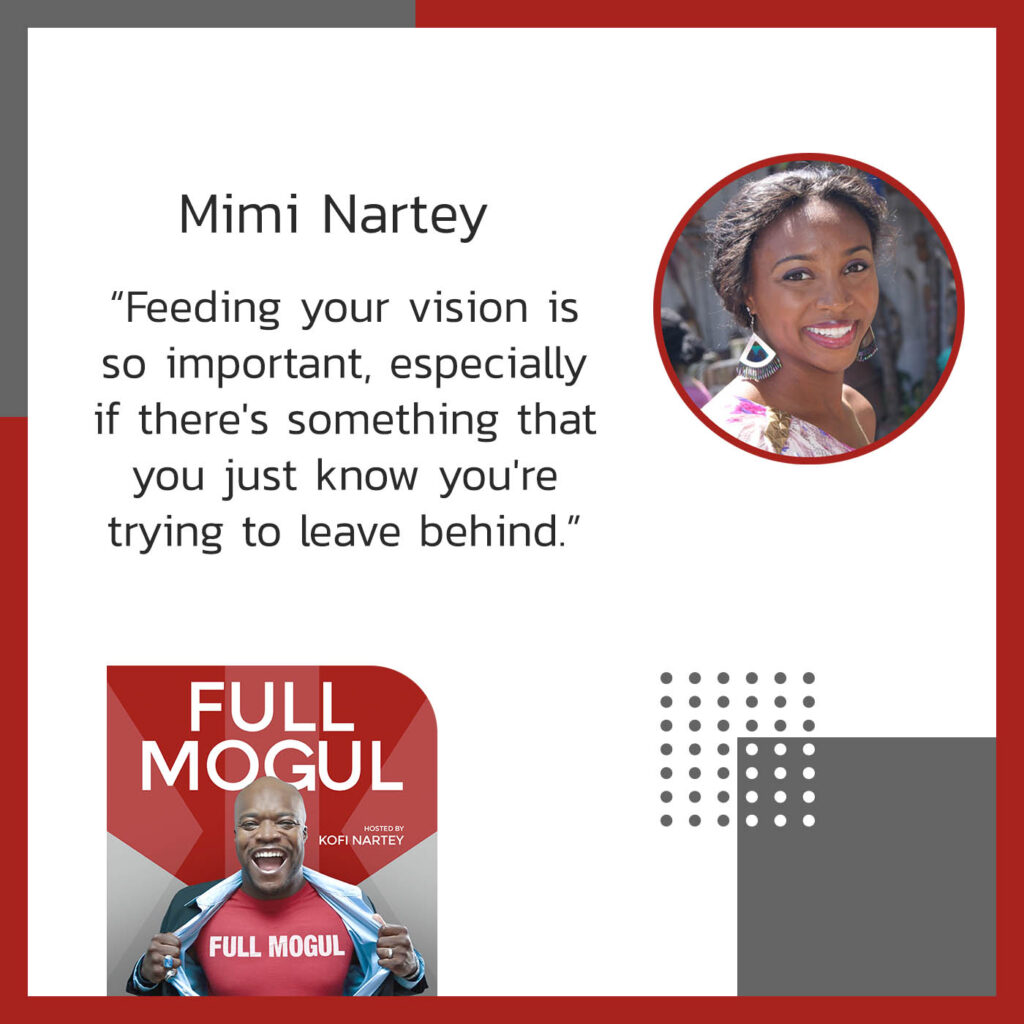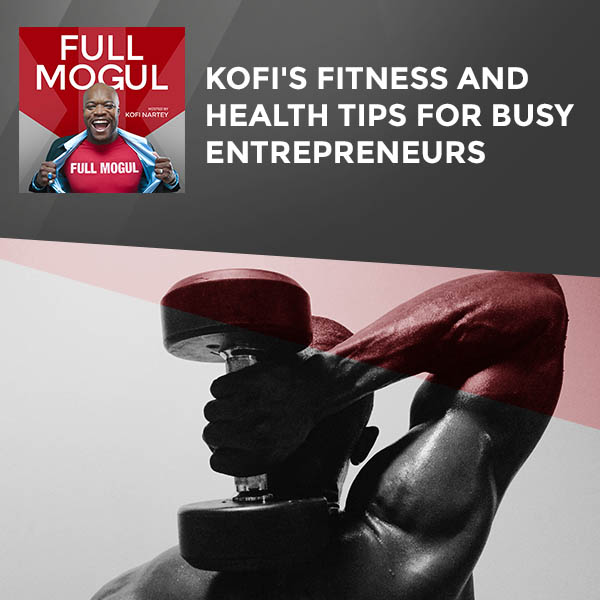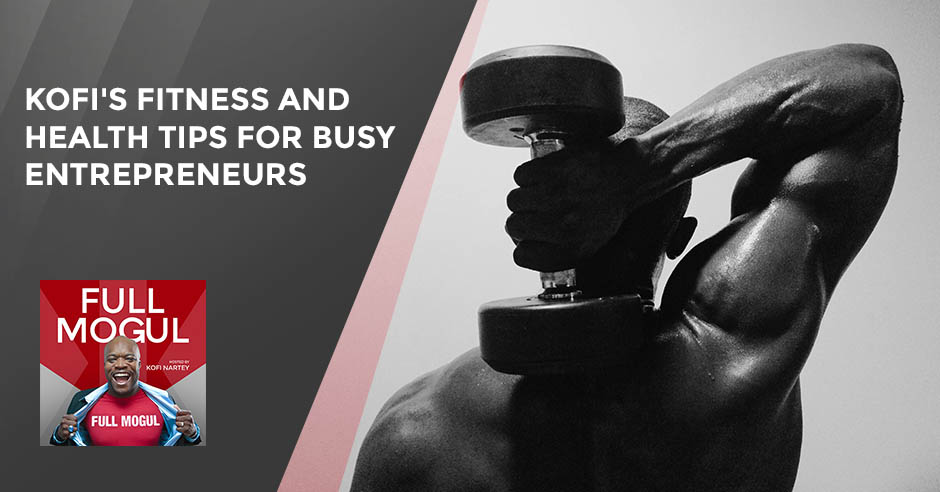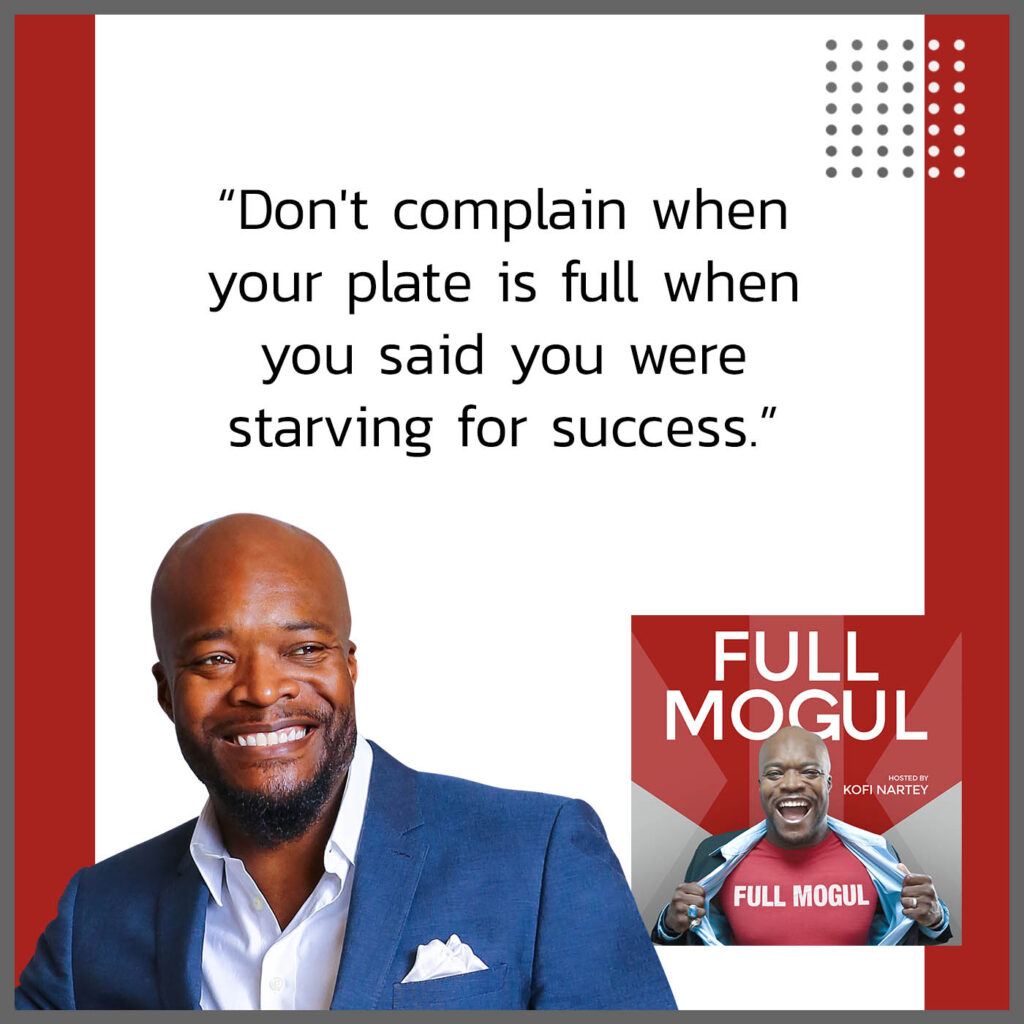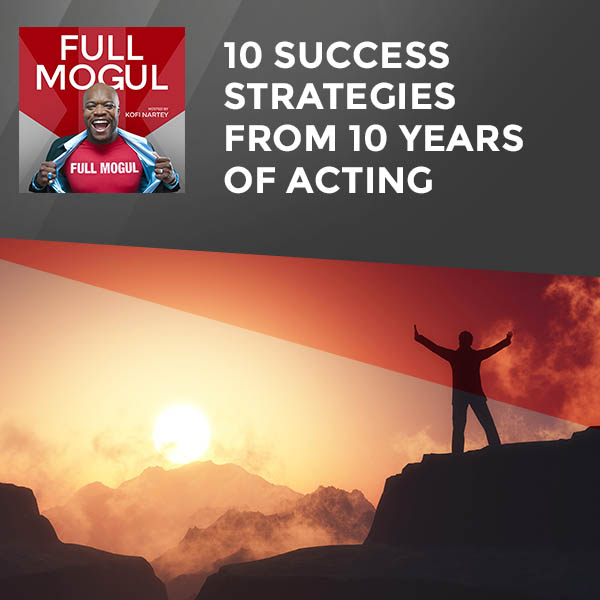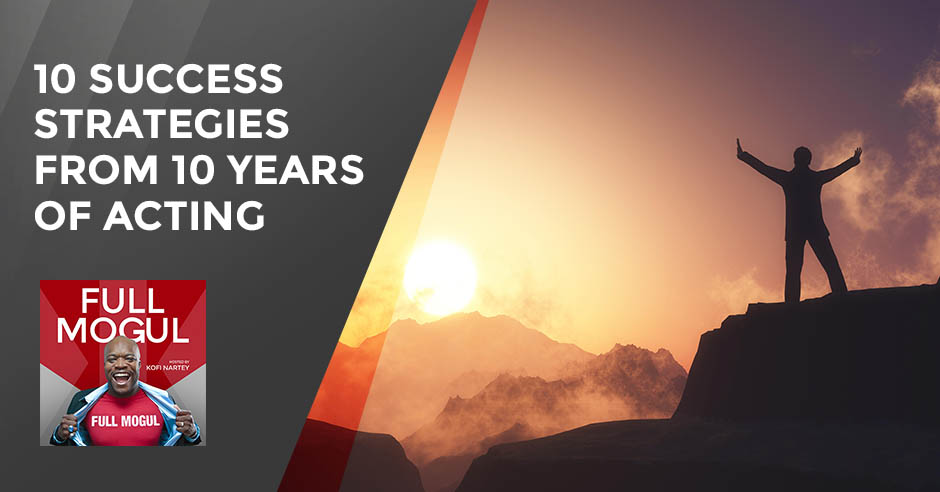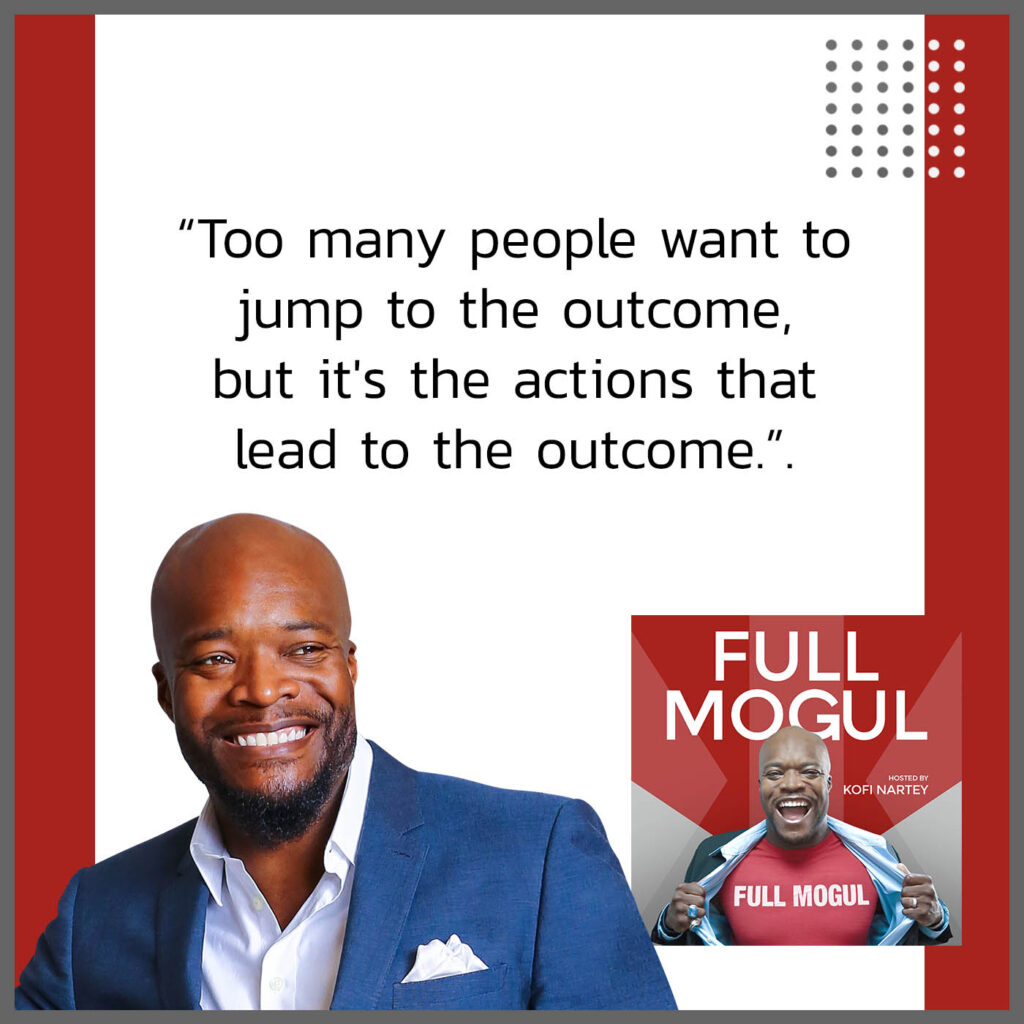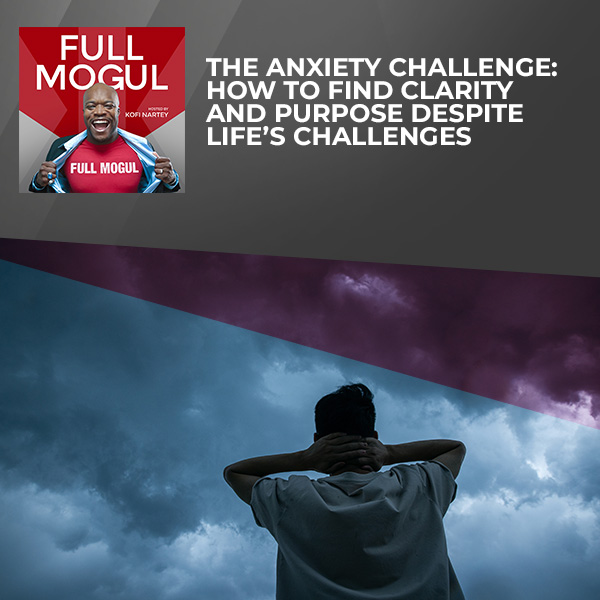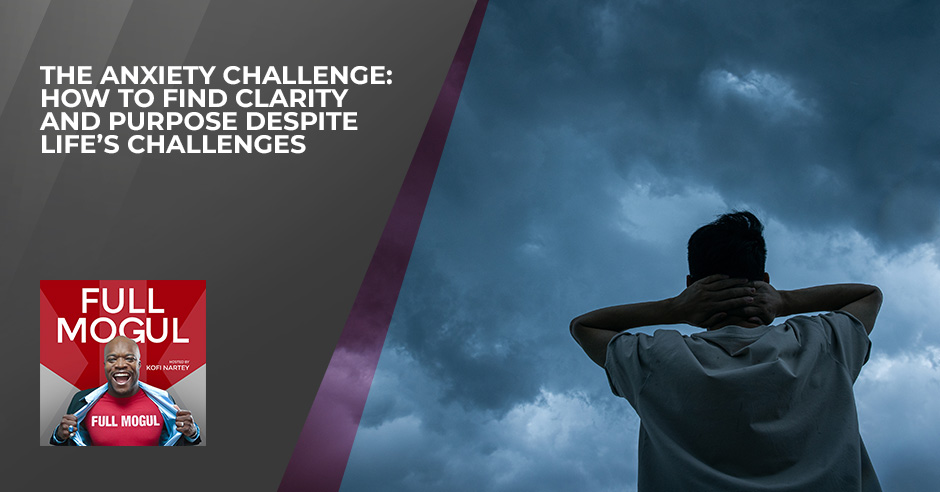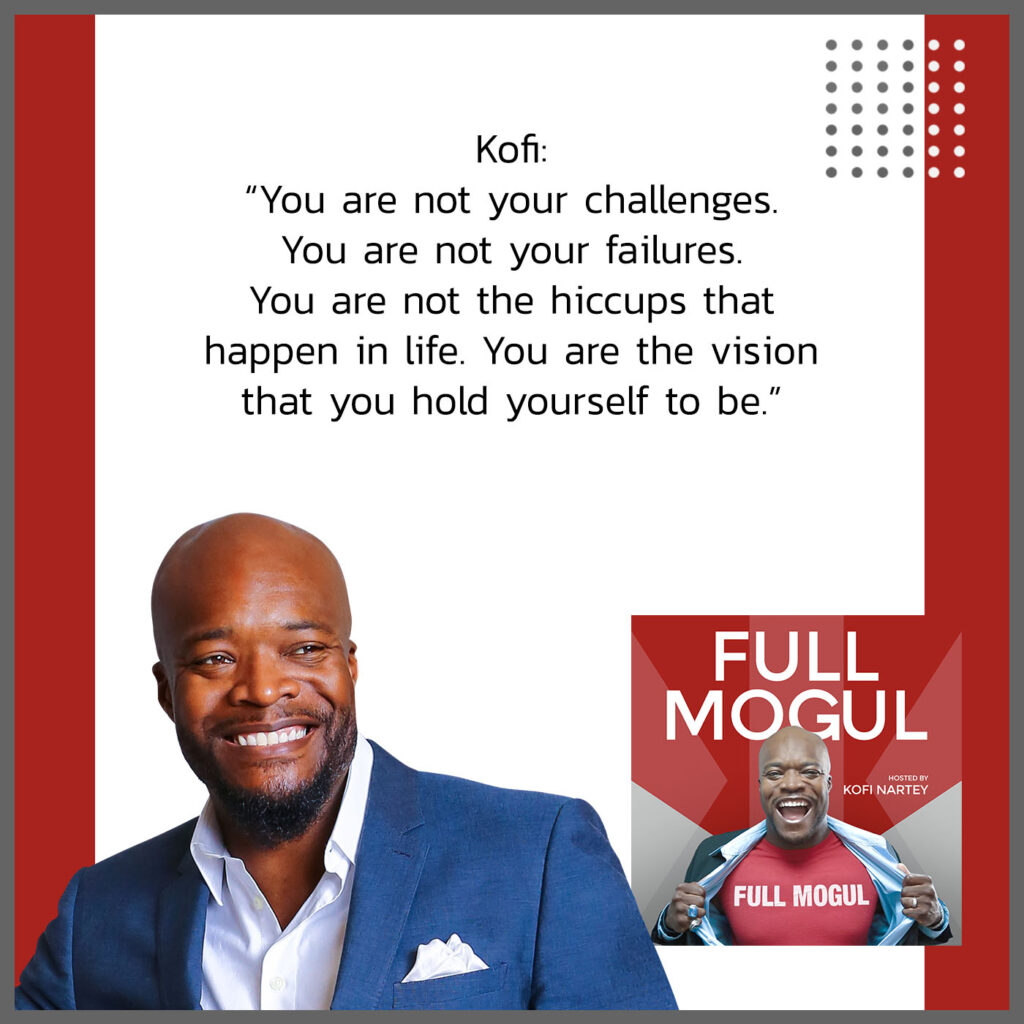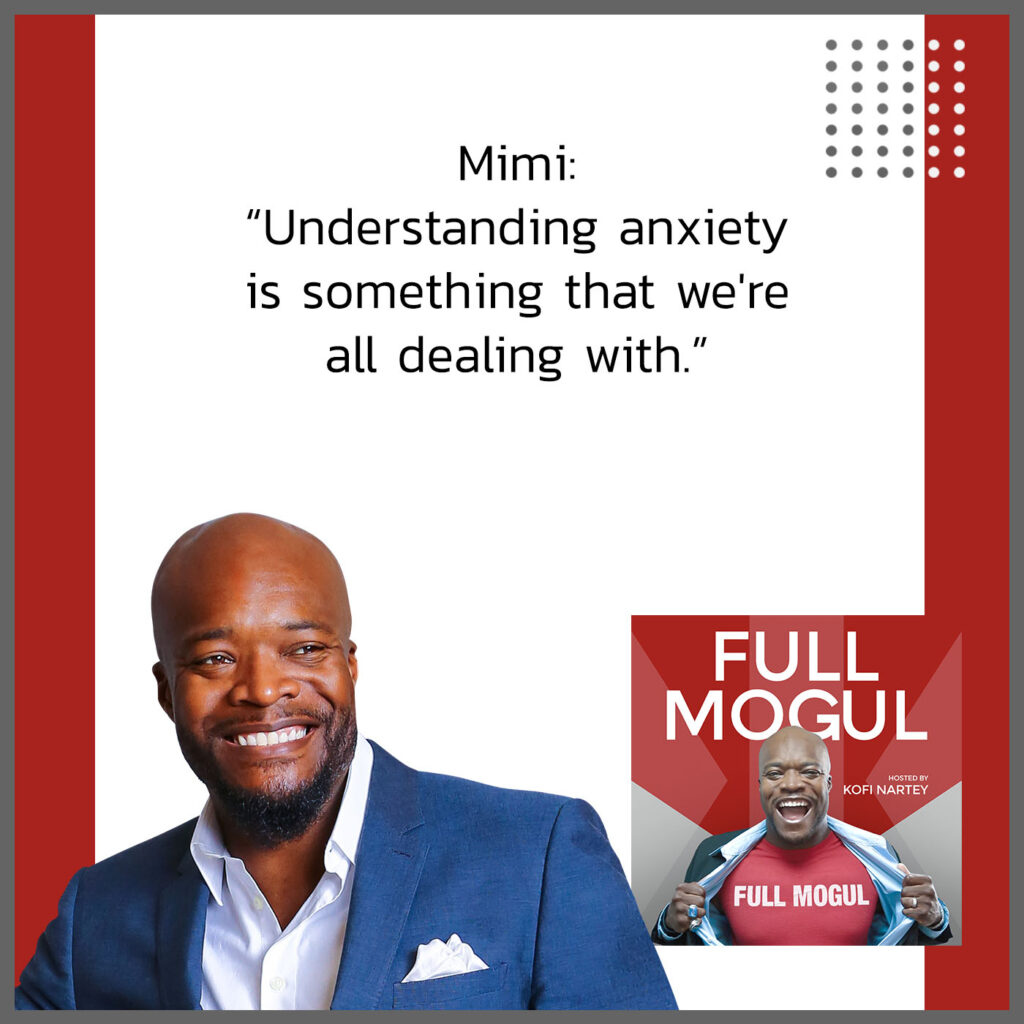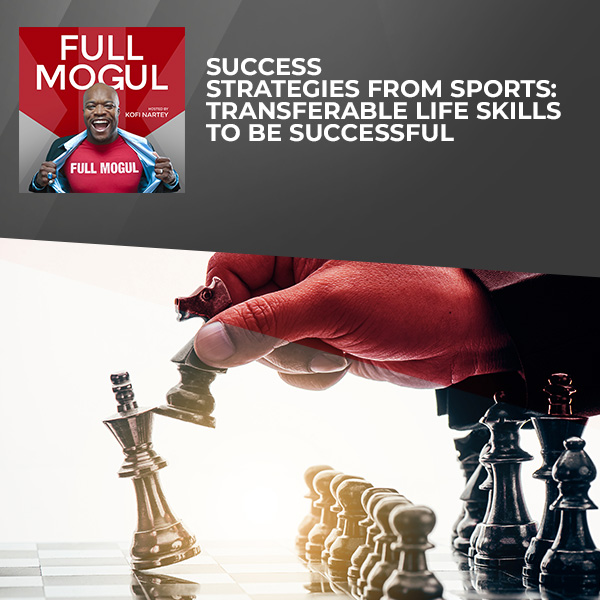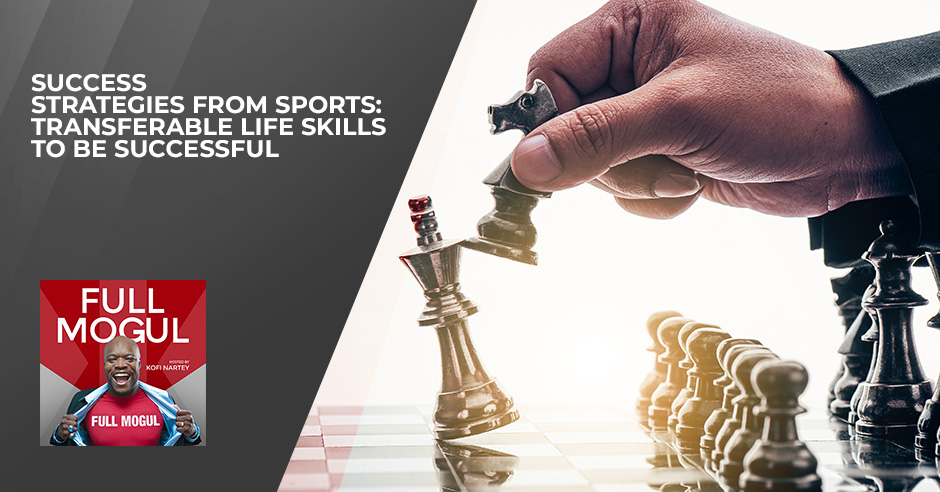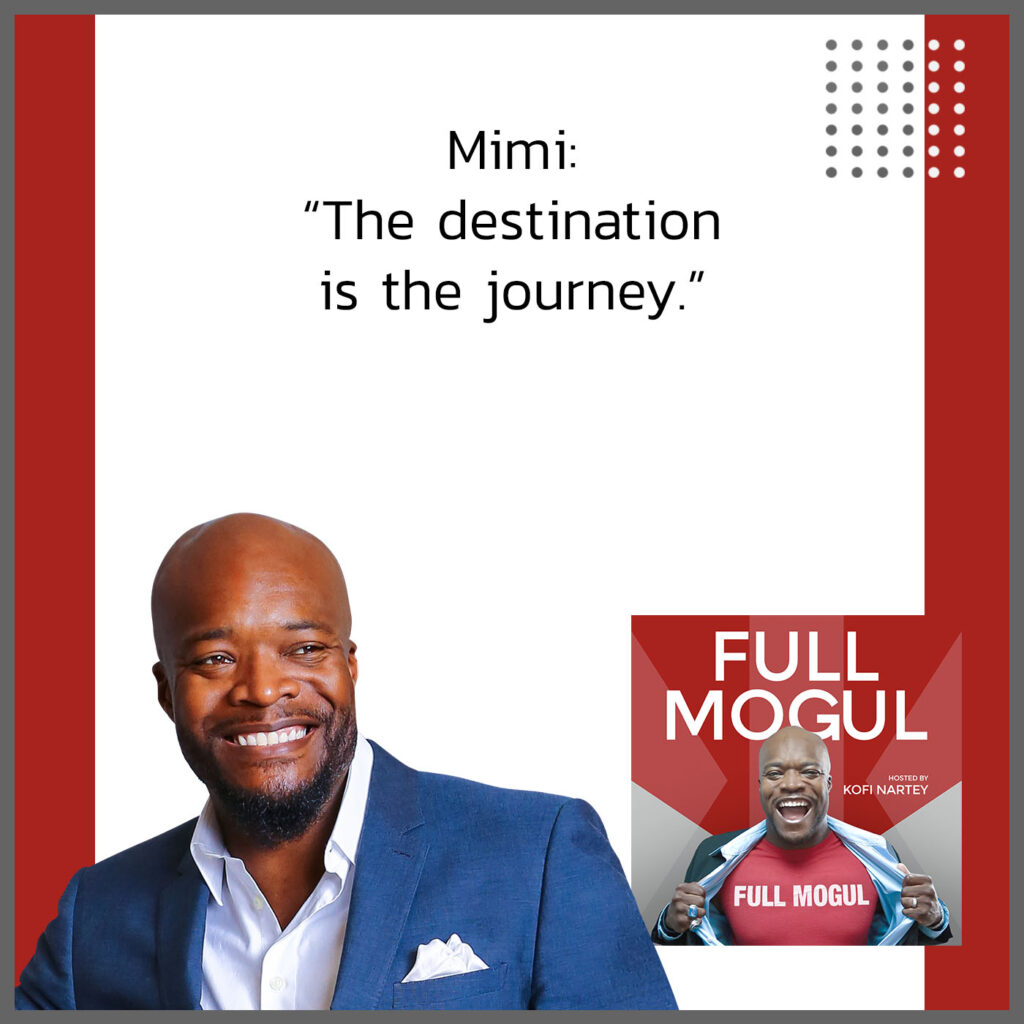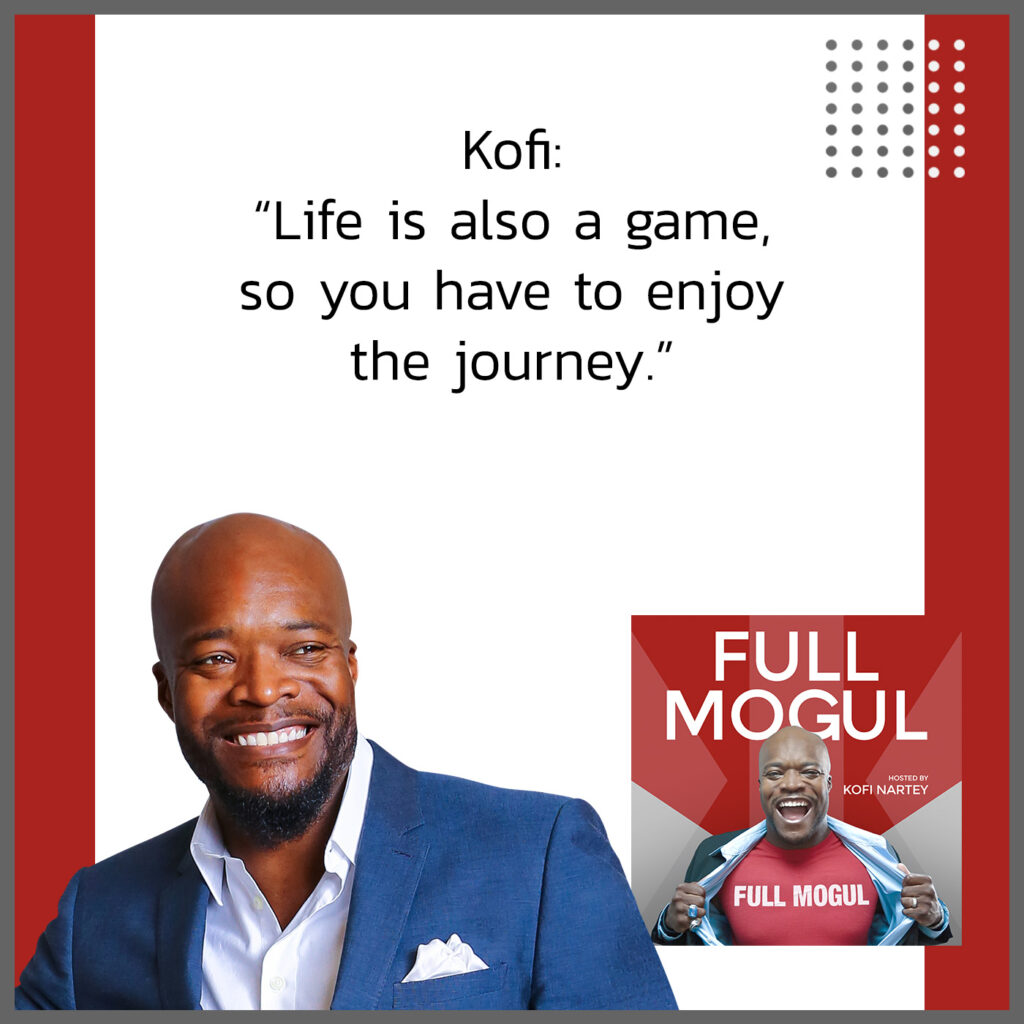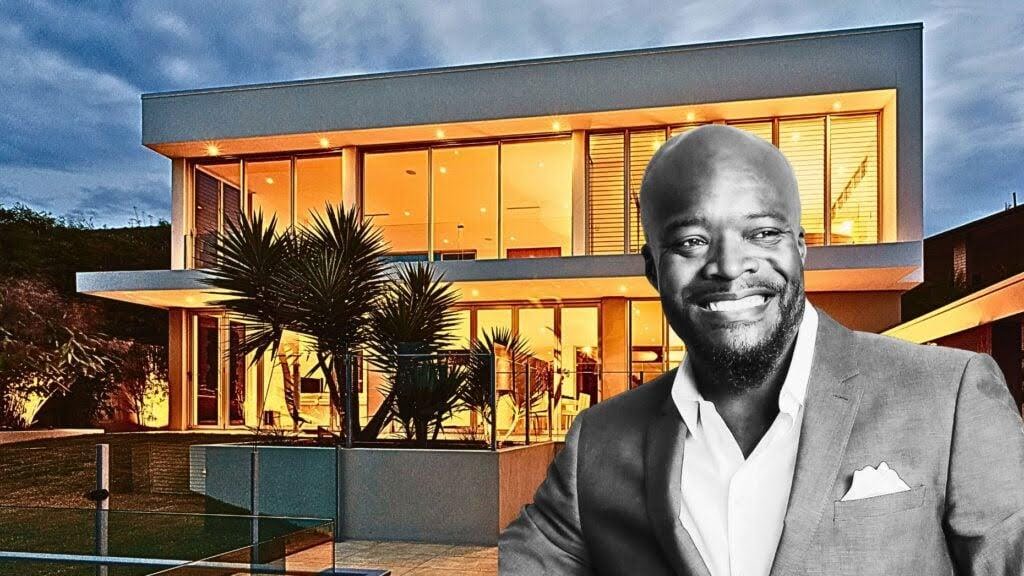
Failure isn't final. 'Sellebrity' agent Kofi Nartey offers hard-won wisdom for excelling with the world's most sophisticated clients after 22 years
by Kofi Nartey
February 20, 2025
Two decades in luxury real estate have given me a front-row seat to the evolution of the industry, the nuances of high-net-worth clientele, and the strategic pivots necessary to stay ahead.
TAKE THE INMAN INTEL INDEX SURVEY FOR FEBRUARY
From working with top brokerages to building luxury and sports and entertainment divisions, and even marketing the Michael Jordan estate — an endeavor that was both an incredible opportunity and a lesson in failing forward — these experiences have shaped my career.
Here are 10 game-changing lessons I’ve learned along the way that may help you build or grow your luxury business and become what I call a “sellebrity agent”: Someone who sells celebrity and luxury homes.
- Exclusivity drives demand
Luxury is about perception as much as it is about quality. One of the most valuable lessons I’ve learned is that creating an air of exclusivity around a property — and even around your own brand — can dramatically increase demand. When I first transitioned from selling condos to focusing on luxury homes, I even created separate branding through a separate website. The highest-level clients want what others can’t easily access, and your brand must convey this.
- Branding is everything
Having worked with multiple top brokerages and launching luxury and sports and entertainment divisions, I’ve seen firsthand the power of branding and brand perception. Whether you’re aligning with a major firm or creating your own unique identity, how you present yourself will determine the caliber of clients you attract.
High-net-worth individuals don’t just buy homes; they buy into experiences, lifestyles and reputations, and your brand is a promise of what the experience of working with you will be. Do a brand audit and make sure it speaks to your target audience and communicates what you want your luxury brand promise to be.
- The right brokerage or team can shape your trajectory
Different brokerages offer different value propositions, from marketing resources to technological tools, from culture to specialty divisions that focus on your ideal clientele. Early in my career, I moved through various firms, each offering unique strengths, but I realized that I couldn’t let the brokerage alone define my success. It was about leveraging the brokerage’s tools while still building my own team and our brand. The right collaboration can lead to exponential growth, which is what I am experiencing now.
- Failing to sell can be a win
Marketing the Michael Jordan estate was an incredible experience. Despite global exposure and strategic pivots, I didn’t sell the property during my eleven months with the listing. But what I gained was invaluable: insights into pricing perception, ultra-luxury marketing strategies and a deeper understanding of what drives international billionaire buyers.
Failure is only failure if you don’t extract lessons from it.
One of my top 10 Kofi-isms was born out of this experience. It is an acronym for F.A.I.L: Find All Important Lessons — and this one taught me quite a few. Even Michael Jordan said, “I’ve failed over and over and over again in my life. And that is why I succeed.”
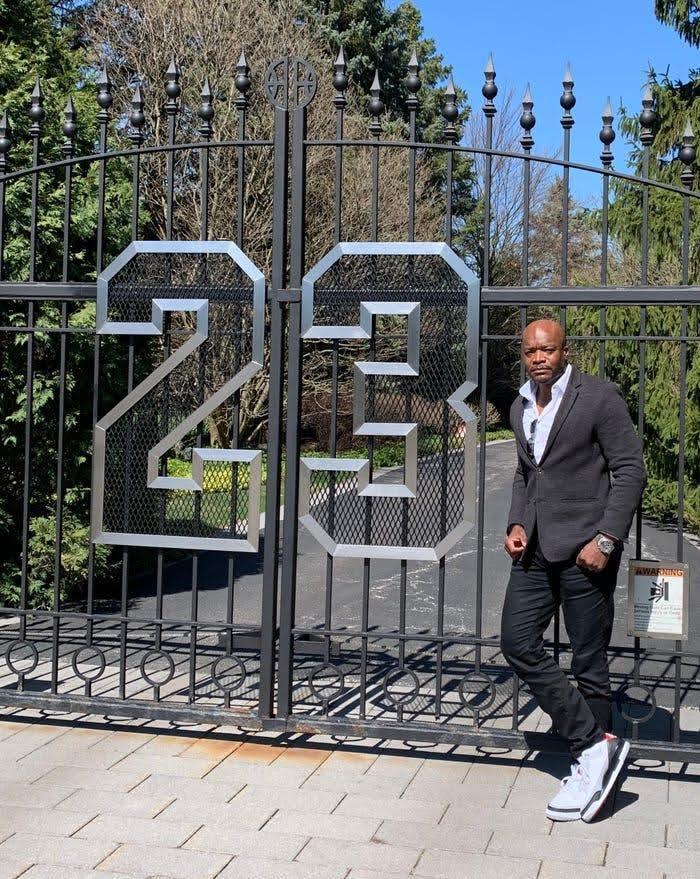
- Sports and entertainment experience is a superpower
My background in sports and entertainment gave me a unique edge. Celebrities, athletes and entertainers operate on tight schedules, value discretion, demand excellence and expect white-glove service.Understanding these needs — and anticipating them — helped me stand out in a competitive industry. If you can master the art of concierge-level service, you’ll become indispensable to high-profile clients. There are luxury agents, and then there are “sellebrity” agents.
- Mastering the art of storytelling sells homes
Facts tell, but stories sell. High-net-worth clients don’t just want to know the square footage and amenities; they want to understand the legacy of a home, its design inspirations, and its unique narrative. When I market a luxury estate, I craft a story that speaks to the emotional side of the purchase. Luxury buyers buy with lifestyle in mind and choose the home that will best co-author the story of their lives.
Advertisement
- Negotiation is a fine art
Luxury real estate negotiations are as much about psychology as they are about numbers. In high-stakes deals, emotions, egos and pride play a significant role. Knowing when to push, when to pause, and when to pivot is critical. Learning to read the room, control the pace and anticipate counteroffers has been a game-changer in my career that has allowed me to guide my clients — demanding and easy — to their desired outcomes.
- Marketing must be omnichannel, yet bespoke
Selling luxury homes requires an entirely different marketing playbook. Digital ads, high-end print publications, social media storytelling, private client events and targeted outreach all play a role. The mistake many agents make is relying too heavily on traditional listing platforms. Luxury buyers aren’t just scrolling MLS; they’re engaging with brands, publications, events and influencers that align with their lifestyle. The goal is to meet the buyers where they are while maintaining a personal touch.
- Relationships matter more than transactions
I’ve learned that in luxury real estate, long-term relationships far outweigh short-term gains. Many of my best deals have come from referrals, repeat clients and strategic partnerships. Some opportunities have come quickly, while others have taken years to develop. Being a trusted advisor who delivers inspirational results — rather than just a transactional salesperson who may or may not deliver — is what keeps you in the game for the long run.
- Mindset is the ultimate game-changer
Luxury real estate is a mental game. All my talks, trainings, conferences and coaching, now have a mindset component to them. I’ve found that confidence, resilience and an unwavering belief in your value are non-negotiable. We must feed ourselves positive inputs daily to hold this vision of the best version of ourselves. We deserve that, and our clients do too.
There will be setbacks, lost deals, and tough clients, but maintaining a mindset of abundance and adaptability will determine whether you rise or fall in this business.
The luxury real estate space is constantly evolving, but these lessons have been the bedrock of my success. For aspiring luxury agents, the road ahead requires commitment, strategy, and an unrelenting focus on client experience. If you can master these principles, you won’t just sell homes, you’ll build a brand, a reputation and a lasting legacy.
Kofi Nartey is the CEO of Globl RED and Executive Director of Real Luxury. He is also the author of “Sellebrity” and teaches a “Sellebrity Luxury Real Estate Course” available at www.MogulU.com.
